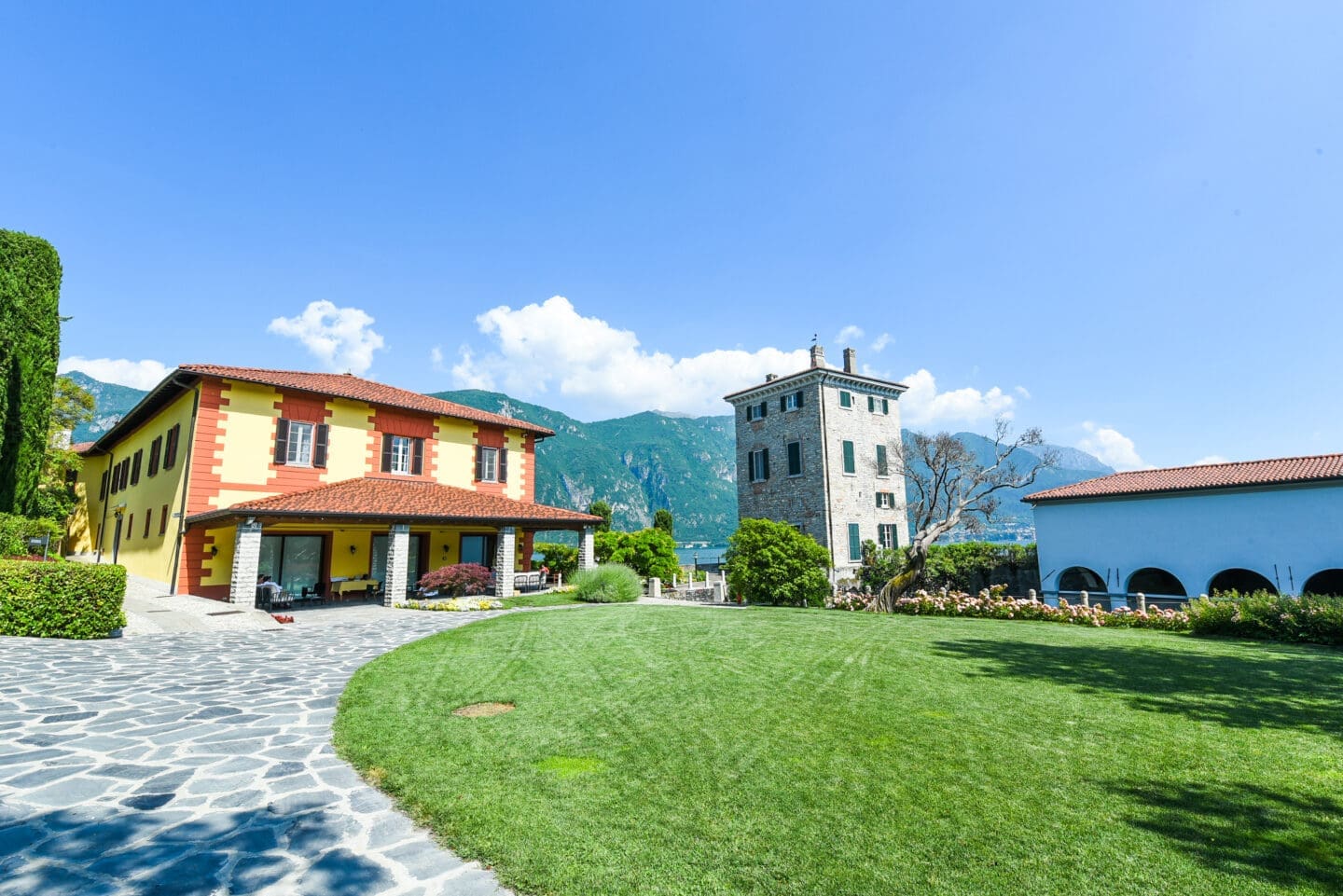The Global Alliance for Vaccines and Immunization (now known as Gavi, the Vaccine Alliance) was created at Bellagio in March 1999. The conference was on the theme “Vaccine Development and Delivery: Partnerships for the 21st Century.” The outcome of this meeting continues to make a positive change today: Gavi now vaccinates almost half of the world’s children. This gives the organization the power to negotiate vaccines at prices that are affordable for the poorest countries and to remove the commercial risks that previously kept manufacturers from serving them. The Bellagio conference hosted 34 international participants from the Americas, Asia, and Europe.
The initiative that led to Gavi represented a new direction in vaccine development, but The Rockefeller Foundation had been involved in research on vaccine development since the 1980s. For instance, in 1983, The Rockefeller Foundation established an ongoing commitment to the Children’s Vaccine Initiative (CVI). That same year, the foundation joined with leaders from the WHO, UNICEF, the CDC, and other agencies to form the Consultative Group to Protect the World’s Children, a global immunization initiative. Then, in 1984, the group established a standardized vaccination schedule within the Expanded Program on Immunization (EPI) with the goal of immunizing all children against six major diseases by 1990. As a result of a meeting in 1984, the Task Force for Global Health was formed, with Associate Director of Health Sciences at The Rockefeller Foundation, Scott Halstead, serving as a member. At this meeting, a proposal was also put forward for the development of an affordable, lifelong, single-dose vaccine against all six major diseases targeted by EPI. It was that proposal that helped inspire the creation of the Children’s Vaccine Initiative (CVI) in September 1990.
In turn, the Children’s Vaccine Initiative provided a model for public-private vaccine development that would influence IAVI (the International AIDS Vaccine Initiative). This led to IAVI’s impact as the first public-private partnership dedicated to the development of an HIV vaccine, a style of collaboration that pulled from the strengths of both sectors. Its success inspired new public-private cooperation in medicine and sparked scientific breakthroughs that have brought us closer to developing an HIV vaccine. These events led to the Development and Delivery conference at Bellagio in 1999, a momentous occasion that put forth a more robust vision for public-private partnership than any other vaccine initiative.
The 34 participants present at that Bellagio conference in 1999 established a Proto-Board for Gavi. It was to be a new organization supported, in part, by The Rockefeller Foundation which immediately made $500,000 available. The funding was crucial to enabling the Secretariat to start its work. Gavi was formally incorporated in 2000. Gavi estimates that in its first 22 years, its work has helped generate more than U.S. $230 billion in economic benefits in the countries served. In the past two decades, Gavi has vaccinated 760 million children.
Explore More
To learn more about GAVI’s efforts to provide access to vaccines globally, visit https://www.gavi.org/.
Editorial note | Taken from The Rockefeller Foundation’s archive, this article highlights the ways in which this particular institution offers a unique model for serving the world. The article has been edited for brevity.
Related

May 2023
Welcome to the current edition of the Bellagio Bulletin! At The Rockefeller Foundation, our mission is to make opportunity universal and sustainable. Facing crises of climate, inequality, democracy, and health, humanity has never needed institutions more. This newsletter highlights efforts to build innovative institutions that are fit for purpose in today’s world – and the […]
More